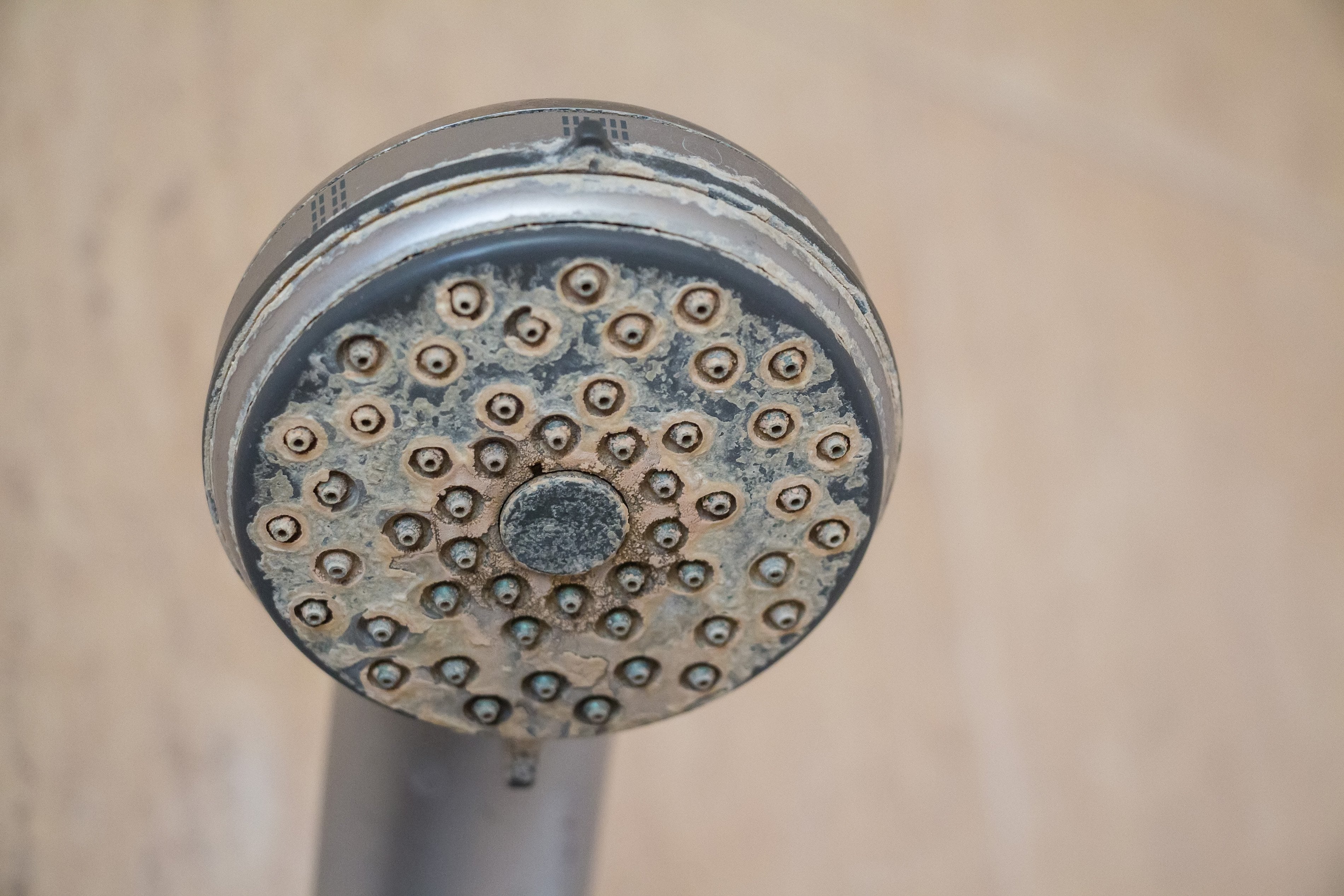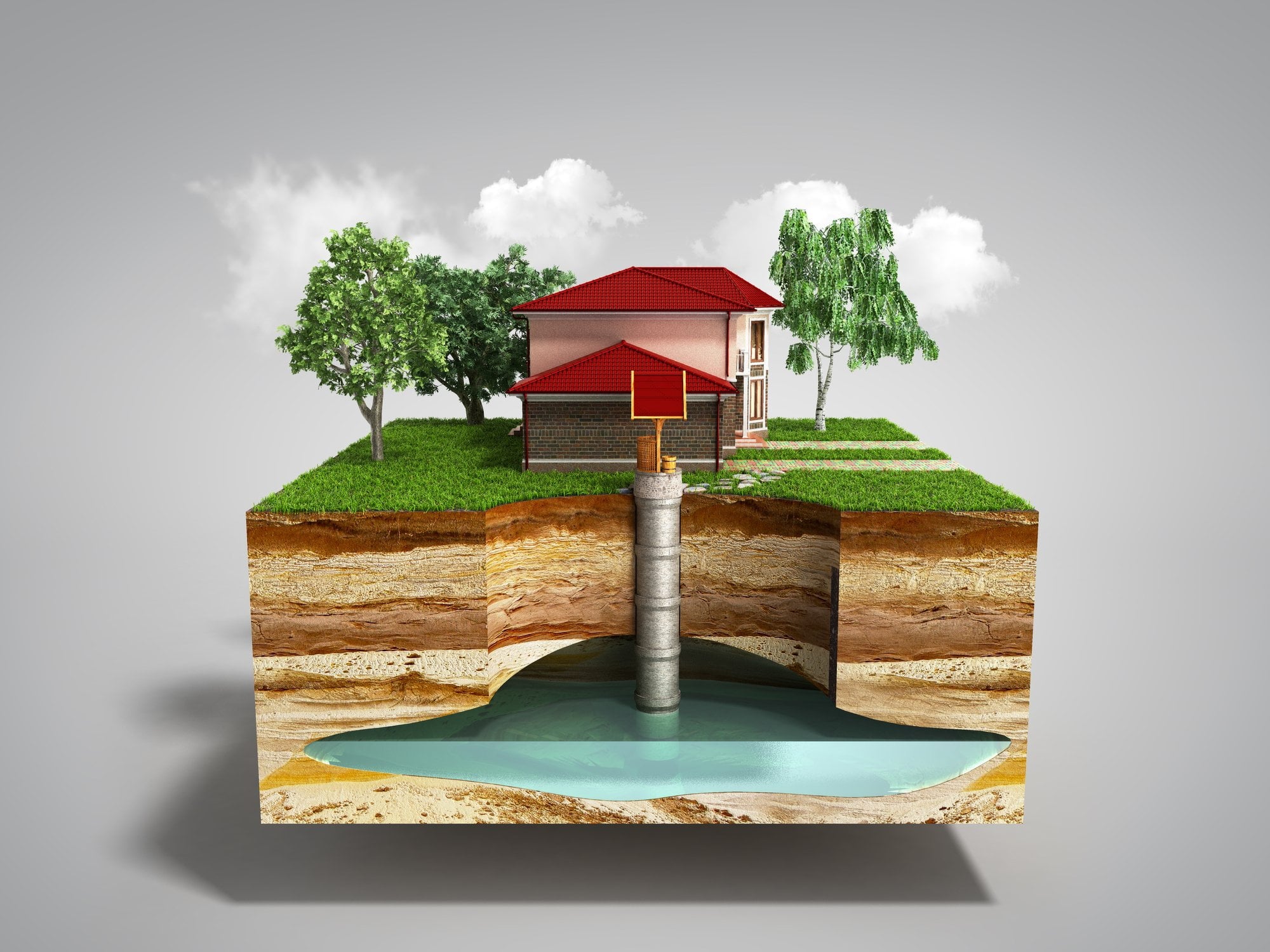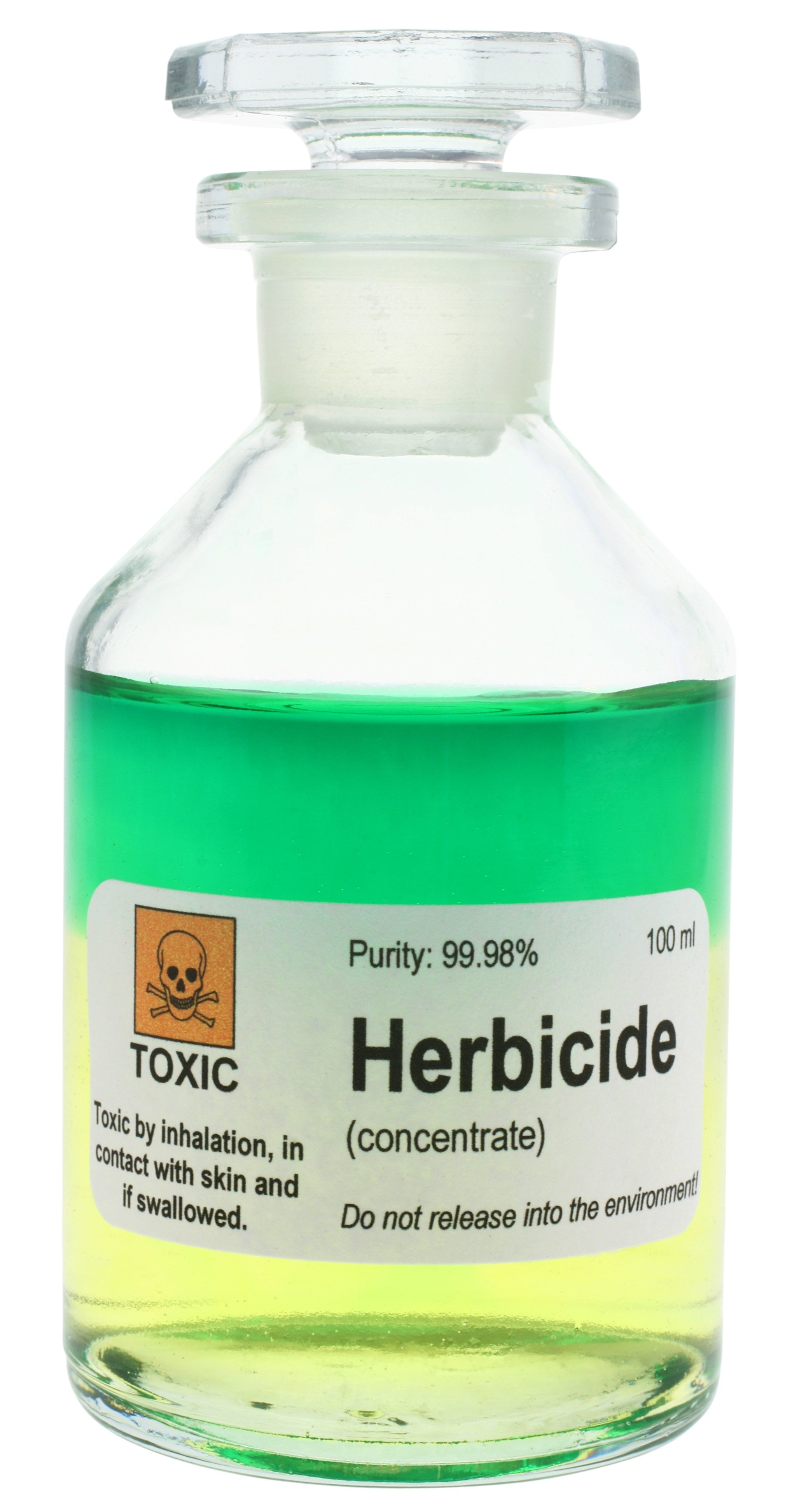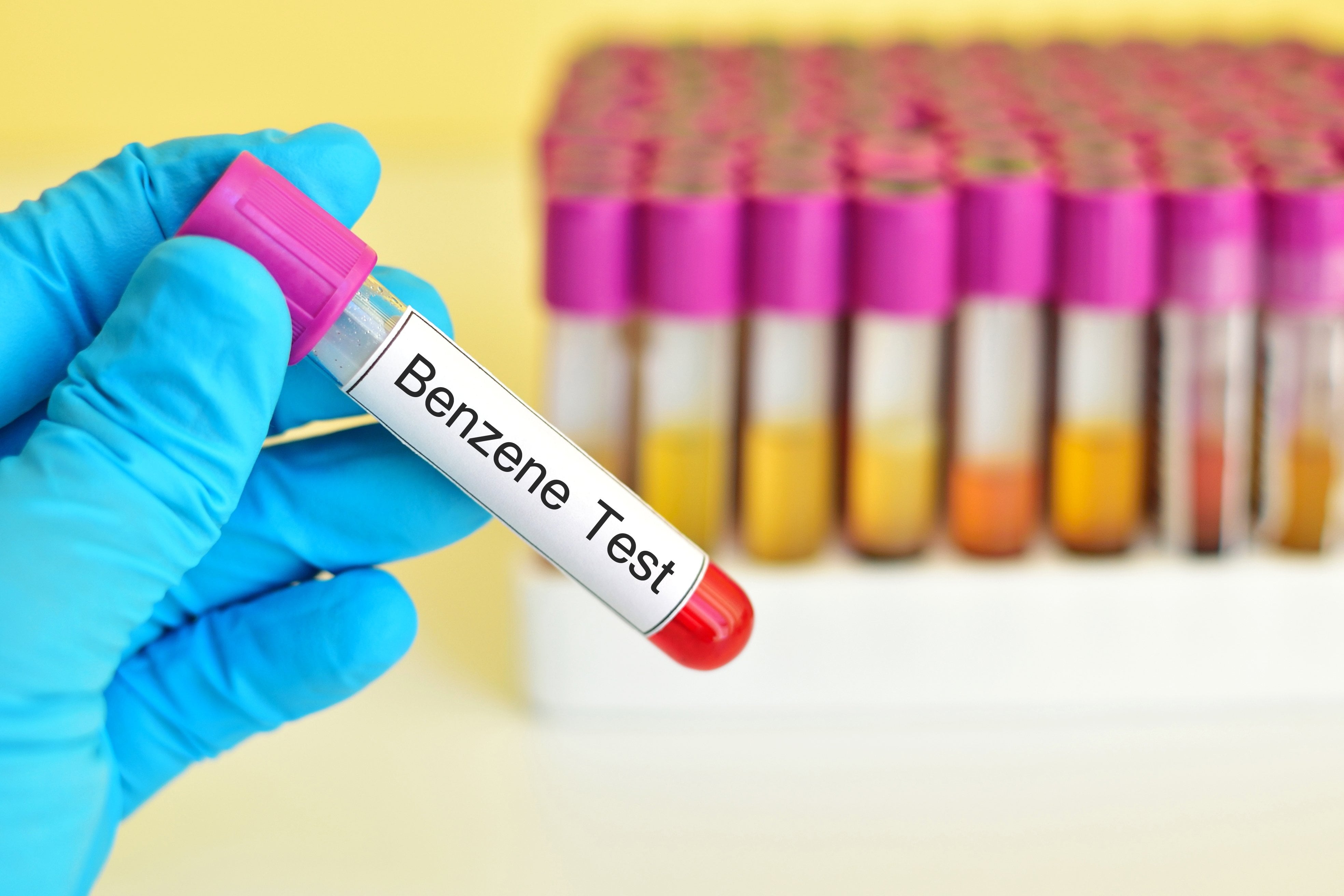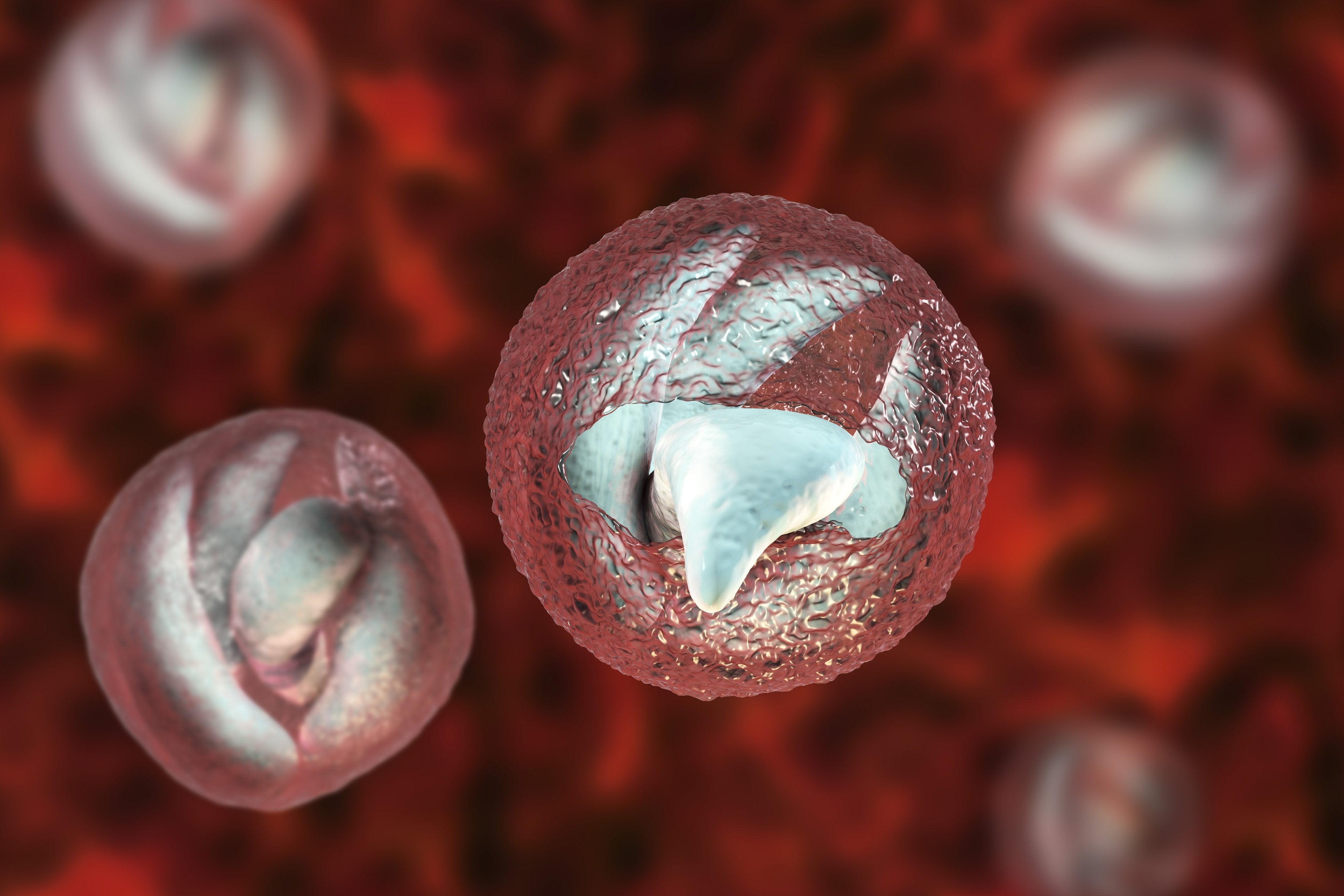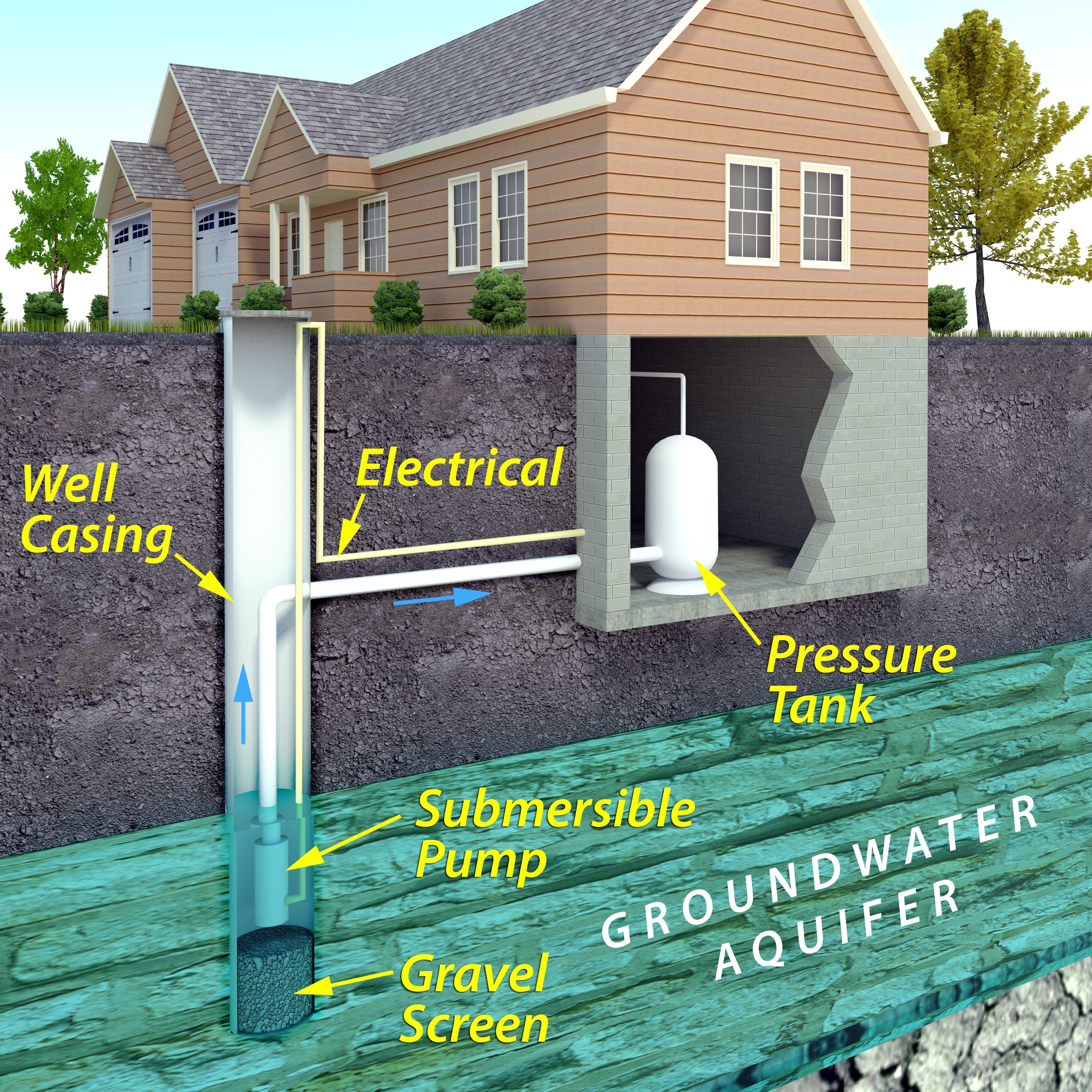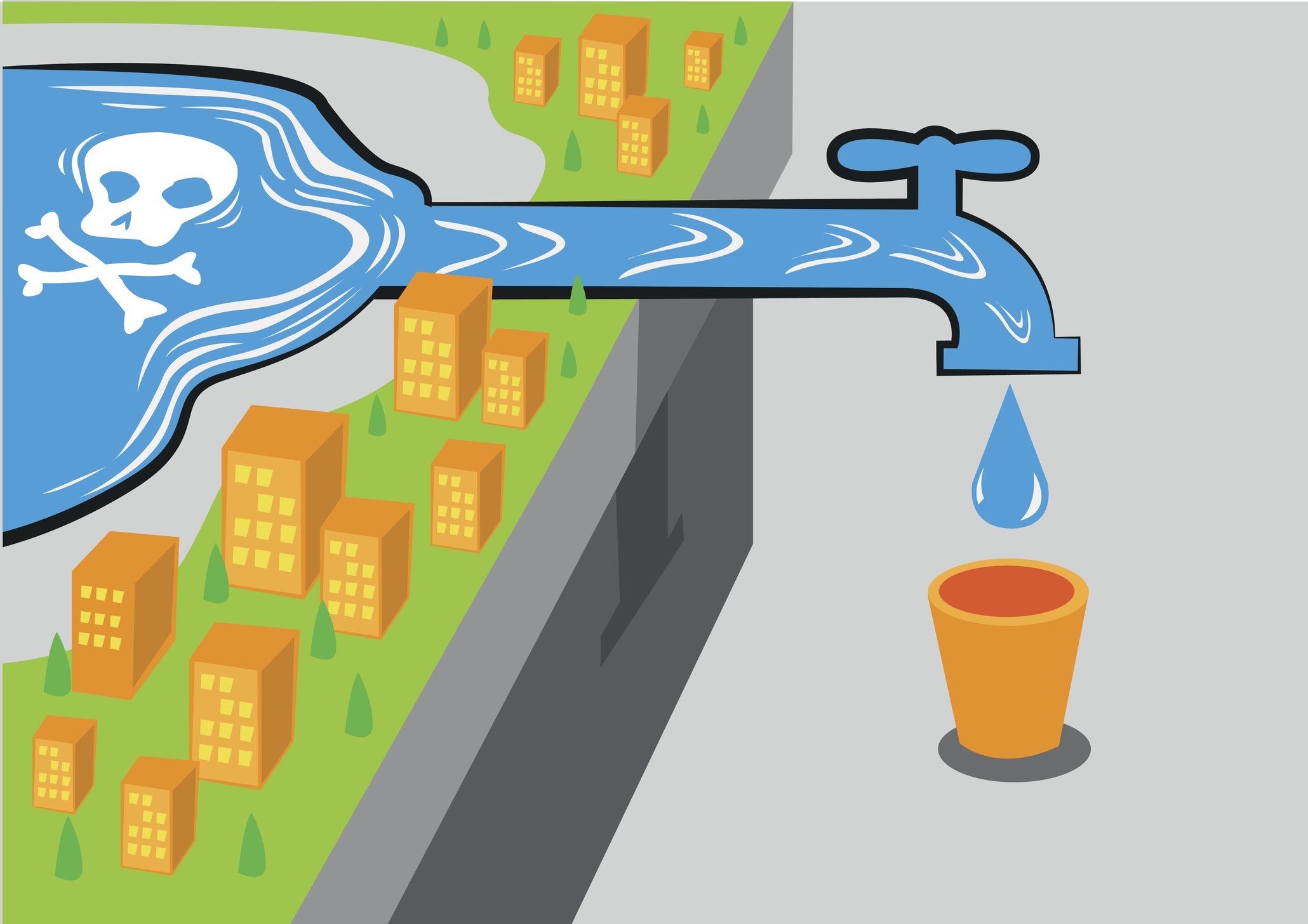Quality Water Filters 4 You Blog

It should be noted that hard water does not pose a health risk to those who ingest it. Yes, it may taste bad, but it is not poisonous. It is, however, very troublesome when it comes to buildup on your plumbing fixtures.
Well Water and Contamination Issues

The water within private wells can become contaminated in a variety of ways. Some sources of well water contamination can be observed with the naked eye, while others cannot.
What is The Safe Drinking Water Act?

In the US, the SDWA was created to help protect consumers from a variety of waterborne contaminants. It is, today, the foundation of our drinking water standards. While it is not perfect, it has created one of the safest drinking water programs in the world.
Water Contaminants: Atrazine in Drinking Water

Atrazine is one of those water contaminants that may or may not be present in your drinking water. In many respects, it depends on where you live and how well regulated the area is by state and Federal environmental officials.
Water Contaminants: Benzene in Drinking Water

Leaching from gasoline storage tanks and from landfills is one of the primary ways that benzene gets into drinking water sources. It can also get into water supplies via industrial discharges from factories or smaller companies (commercial printing, dry cleaning, etc).
Drinking Water Contaminants: Cryptosporidium

For those unfamiliar with waterborne diseases, a reminder may be in order. In 1993, Cryptosporidium became a national news item when an outbreak took place in Milwaukee, Wisconsin that made over 400,000 people sick and killed more than 100 people who had weakened immune systems.
Bottled Water v.s. Water Filters

Many people think that if they buy a bottle of water, they are getting quality contaminant-free water. That is not necessarily true. Many bottled water companies aren't using anything more than well water to fill their bottles.
Drinking Water from Private Wells and Nitrate

It should be noted that low levels of nitrate are not hazardous to humans. It would be nearly impossible to remove every trace of nitrate from groundwater. It is when levels get high that health problems can arise.
Inorganic Compounds in Drinking Water

Some of the more common metals include arsenic and aluminum which the EPA has established an MCL of no more than .05. Lead with an MCL of .015. Mercury MCL of .002. Also, zinc, calcium, sodium, magnesium, potassium, and copper, all with a 1.3 MCL.

